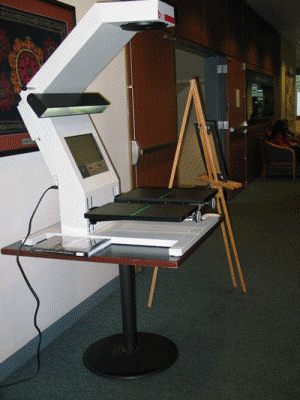Meet Dr. Lisa Sanders Wed. April 21
Please join us on April 21 at noon. Dr. Lisa Sanders will be speaking in 90 Snell Library.
Dr. Lisa Sanders is the author of the very popular “Diagnosis” column with the New York Times. Her column inspired the hit Fox television drama “House MD” and Dr. Sanders now serves as Technical Advisor to the show. She was trained at Yale School of Medicine where she currently teaches. Dr. Sanders was recently named one of America`s Top 21 Women`s Doctors by LifeScript.com, the #1 website for women`s health. Before going to medical school Sanders was an Emmy award winning producer for CBS News. Her most recent book was Every Patient Tells a Story: Medical Mysteries and the Art of Diagnosis. Books and free DVDs of “House MD,” including the full series, will be raffled at the event.
Sponsored by Northeastern University Libraries, the Humanities Center’s Artists and Practitioners in Residence Program, and the Northeastern Bookstore.
Download the event flyer here.

